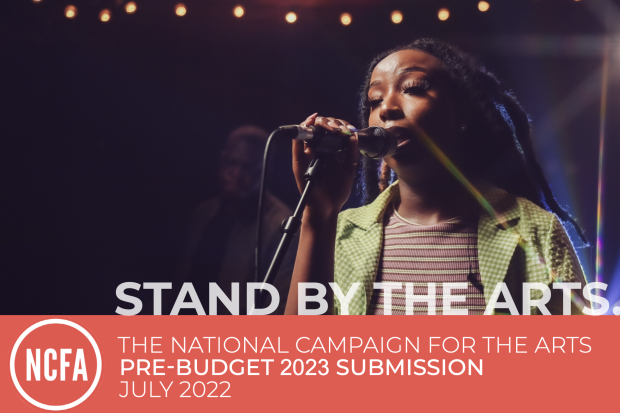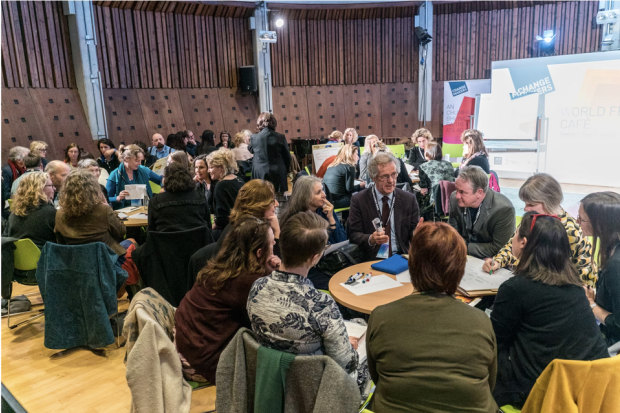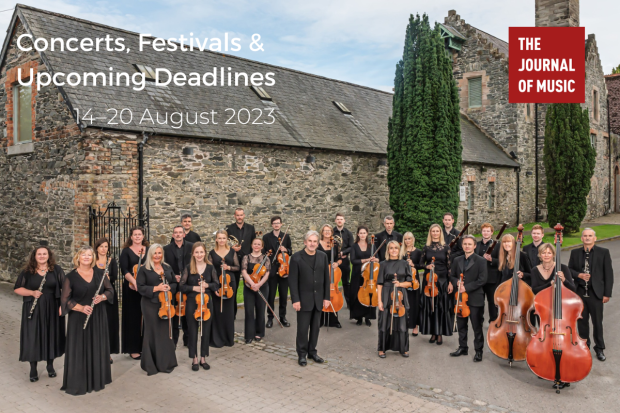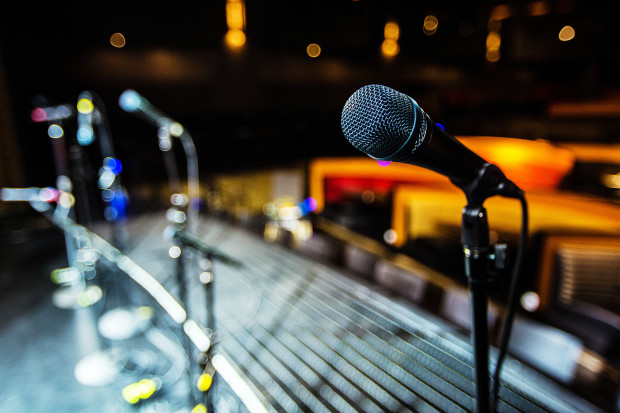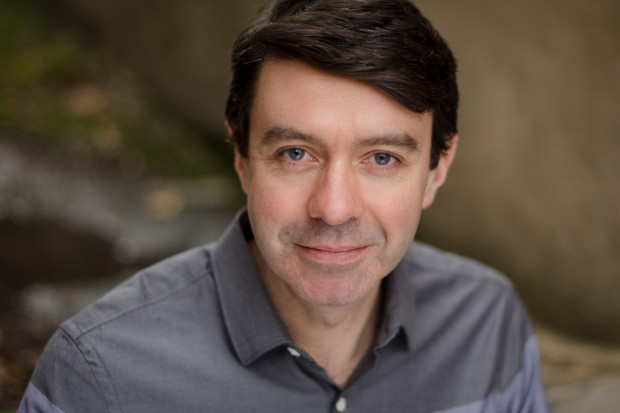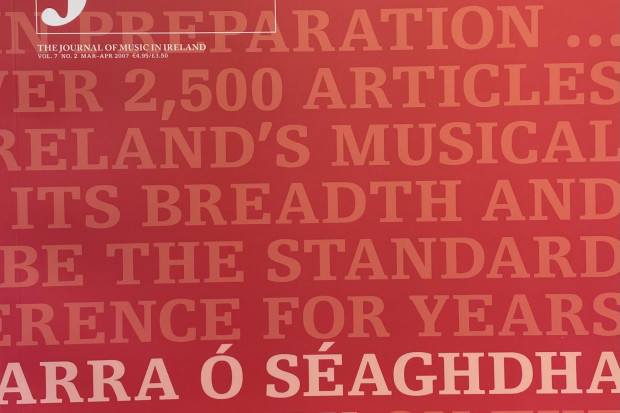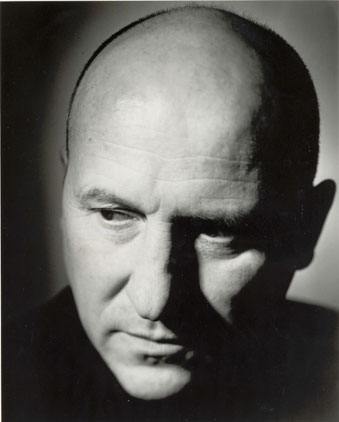
Live Reviews: Anail Dé
Gavin Bryars (double bass), Iarla Ó Lionáird (voice), Leo Abrahams (guitar), Lisa Grosman (viola), Cian Ó Dúill (viola), Kate Ellis (cello)
Royal Hospital, Kilmainham, Dublin
14 November 2008
Anáil Dé is an evening-length work by Gavin Bryars, co-commissioned by the Arts Council and RTÉ Lyric FM’s JK Ensemble, and composed for Irish sean-nós singer Iarla Ó Lionáird and members of the Crash Ensemble. Anáil Dé places settings of texts from the anthology of spiritual writings Lón Anama (‘food for the soul’) alongside two arrangements of traditional Irish songs.
Anáil Dé set up an atmosphere and maintained it: distinctive, lush, modal, sometimes bi-modal, writing; Ó Lionáird’s never-sentimental, always beguiling singing; a wonderfully unconventional string quartet of two violas, cello and double bass; Leo Abraham’s subtle washes of static electric guitar texture; a well-engineered overall sound; echoes of the so-called English pastoral style; occasional Baroque phrasing and harmonic procedures; drones; echoes of Medieval vocal music; strophic forms; procedures reminiscent of North Indian ragas and echoes of Donnacha Dennehy’s muscular Grá agus Bás as well as his spectral arrangement of ‘Aisling Gheal’ (both also composed for Iarla Ó Lionáird and Crash Ensemble).
Sections had me enthralled. Bryars’, Ó Lionáird’s and Abrahams’ arrangement of ‘Cogar na nAingeal’ (‘The whispering of the angels’), in which Ó Lionáird sang from memory for the first time in the evening, accompanied by double bass and electric guitar, was a perfect collaboration. Ó Lionáird’s graceful phrasing and his rich and direct vocal tone was given sensitive support by Bryars’ and Abrahams’ restrained, mostly droning accompaniment, which occasionally hinted, tantilisingly, at the harmonic series. The audience, who had been following the practice of not clapping between movements, broke into spontaneous, vigorous applause.
Laude Dolce I, in which Kate Ellis performed a kind of modal cello fantasia over droning double bass accompaniment with, eventually, a shimmering soundscape generated by electric guitar played through laptop, was music where it seemed that the right note was always occuring at the right time, to paraphrase Morton Feldman. In ‘Go mBeannaítear Duit a Mhuire’ (‘Hail Mary’) and in ‘Tuirimh Mhic Fhinín Dhuibh’, Ó Lionáird was again provided with the right kind of accompaniment: just the right amount of space to shape and really place the material.
But I wasn’t always gripped. Throughout the work, I always liked Bryars’ materials, but I wasn’t always captivated by the ways in which he presented them, treated them, combined them, paced them. I wanted more experiences where I was not only delighted by the sounds but totally absorbed by the pacing, sitting forward in my seat, eyes closed, listening.
Published on 1 January 2009
Garrett Sholdice is a composer and a director of the record label and music production company Ergodos.










